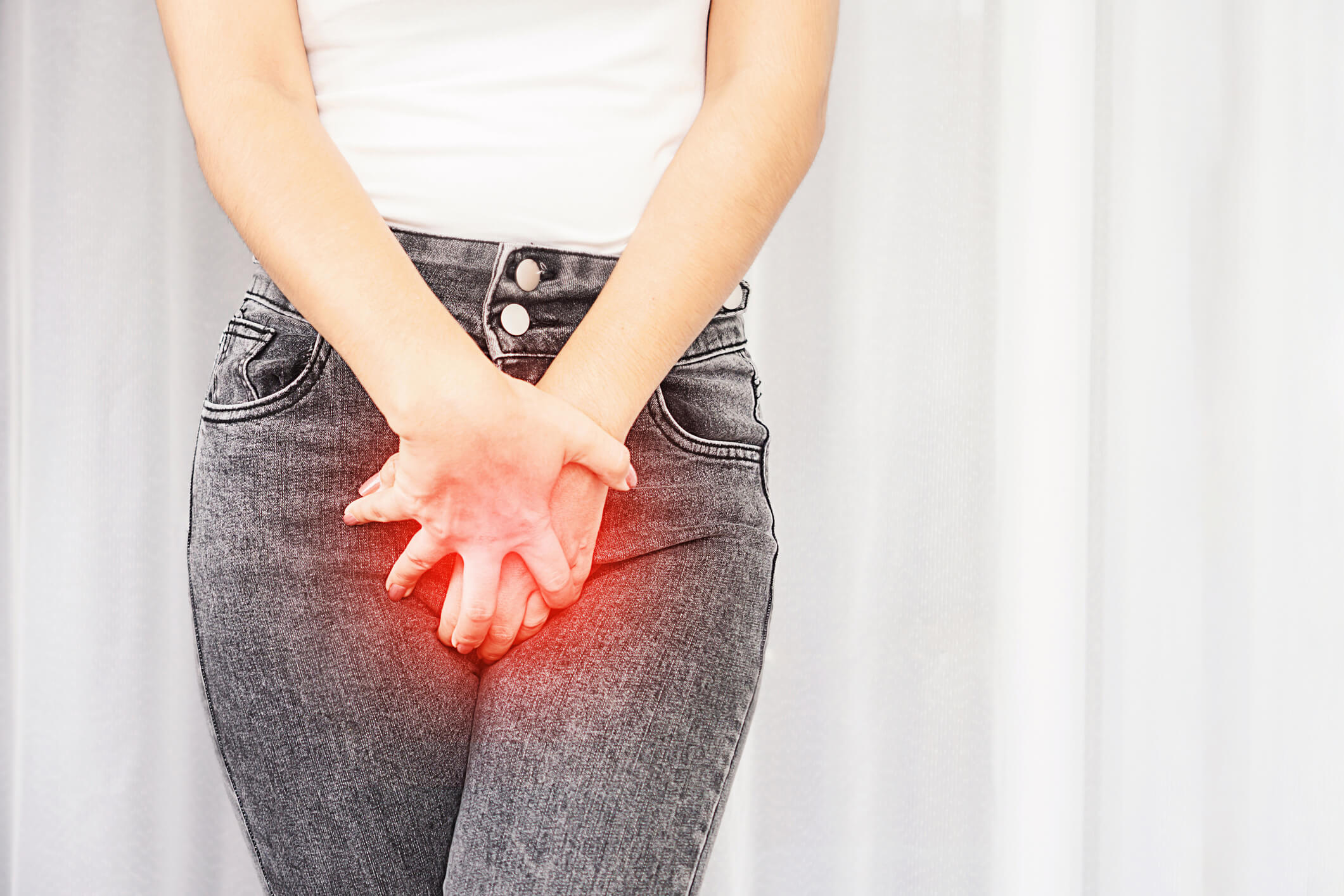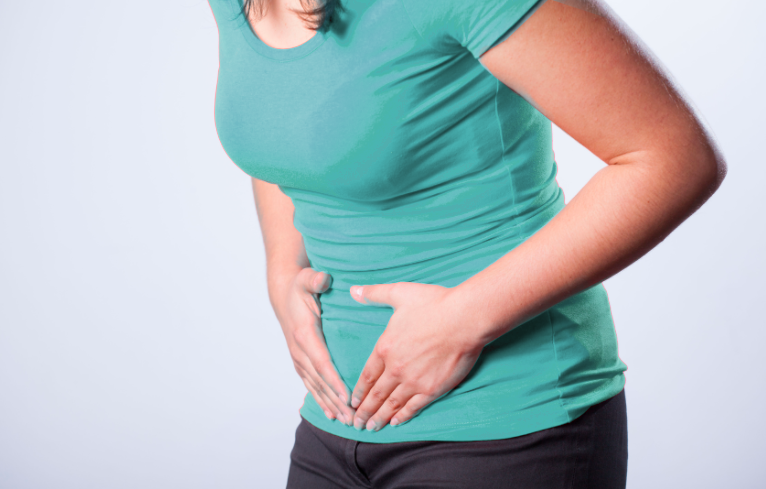Women's Health
Your Complete Guide To Uterine Fibroids: Causes, Symptoms, Treatments

Overview
Uterine fibroids are benign tumours that that grow along or within the walls of the uterus. They are found in approximately 20% – 50% of women. Also known as leiomyomas, it is important to note that your chances of developing a cancerous growth do not increase because you have uterine fibroids, nor does having them increase your chances of getting other uterine cancers.
Most Women With Uterine Fibroids Experience Little Or No Symptoms
Fibroids are commonly discovered during pelvic examinations or ultrasounds. Uterine fibroids are identified based upon where they appear in the uterus:
- Subserosal fibroids are located beneath the serosa (the lining membrane on the outside of the uterus. These often appear localized on the outside surface of the uterus or may be attached to the outside surface by a pedicle.
- Submucosal fibroids are located inside the uterine cavity beneath the inner lining of the uterus. Intramural fibroids are located within the muscular wall of the uterus.
- Intramural fibroids are located within the muscular wall of the uterus.
Symptoms
Symptoms are rare with cases of uterine fibroids, and most women are usually unaware of it’s presence. However, when symptoms occur, they are generally influenced by the location and size of the fibroids.
The most common symptoms are:
- Heavy menstrual bleeding
- Menstrual periods lasting more than a week
- Pelvic pressure or pain
- Frequent urination
- Difficulty emptying the bladder
- Constipation
- Backache or leg pains
Diagnosis
Uterine fibroids are diagnosed by pelvic exam or ultrasound. Ultrasounds are more accurate as they allow the physician to differentiate it from other conditions such as ovarian tumors.
In some cases, your doctor may order MRI and CT scans, but ultrasound is the simplest, cheapest, and best technique for imaging the pelvis.
Occasionally, when trying to determine if a fibroid is present in the uterine cavity (endometrial cavity), a hysterosonogram (HSG) is done.
Treatment Options
Depending on the nature of the symptoms, there are several options for the treatment of uterine fibroids, that include surgery and medication.
Surgery
Surgical methods are the preferred methods of treatment, if your doctor sees that treatment is necessary. Possible surgical interventions include Hysterectomy (removal of the uterus) or Myomectomy (the selective removal of just the fibroids within the uterus). Myomectomy can be done through a hysteroscope, laparoscope or with the standard open incision on the abdominal wall. High-intensity focused ultrasound (HIFU) is a relatively new treatment for fibroids and other abnormalities. It is also known as MRgFUS (MRI-guided focused ultrasound) and FUS (focused ultrasound surgery). HIFU uses an ultrasound transducer with higher energy than those used for diagnostic examinations. The device focuses the sound waves, generating heat to destroy the fibroid. MRI imaging may be used for planning and monitoring of treatment.
Medication
These treatments are typically hormonal in nature and utilize the use of drugs that turn off estrogen production from your ovaries. These medications are meant to induce a hypoestrogenic (low estrogen) state. When treatment is successful, they can shrink the fibroids by as much as 50%. Side effects of these drugs are similar to the symptoms of menopause and can include hot flashes, sleep disturbance, vaginal dryness, and mood changes.
Bone loss leading to osteoporosis after long-term treatment (6 to 12+ months) use is one complication. This is generally reversed once the treatment ends. These treatments may also be used preoperatively, for larger leiomyomas to shrink them in order to make the operation less difficult and reduce surgical risk.
Latest Articles
How Are Abdominal Hernias Treated?
What to Expect from Colorectal Surgery
How to Treat Breast Inflammatory Conditions
Gynaecomastia: Understanding Male Breast Cancer
Risks During Pregnancy
There have been studies displaying an increased risk of pregnancy complications in the presence of uterine fibroids, such as first trimester bleeding, breech presentation, placental abruption, and problems during labor. Patients with uterine fibroids are six times more likely to give birth via caesarian section due to the increase in labour complications. The size of the fibroid and its precise location within the uterus are important factors in determining whether a fibroid causes obstetric complications.
When To See A Doctor
It is strongly advisable to see an experienced gynaecologist if you’re experiencing any of the following:
- Consistent and abnormal Pelvic pain
- Heavy bleeding during menstruation
- Bleeding in between periods
- Difficulty controlling your urination, or urinating more frequently
Also, seek immediate medical care if you have severe vaginal bleeding or sharp pelvic pain that comes on suddenly.
Read this next ...
WHO WE ARE
About SOG Health Pte. Ltd.
Established in 2011, SOG Health Pte. Ltd. (“SOG”) is a leading healthcare service provider dedicated to delivering holistic health and wellness services to the modern family.
With a long and established track record in Singapore providing Obstetrics and Gynaecology (“O&G”) services such as pre-pregnancy counselling, delivery, pregnancy and post-delivery care, the Group has since further expanded its spectrum of healthcare services to include Paediatrics, Dermatology, and Cancer-related General Surgery (Colorectal, Breast & Thyroid).
The Group’s clinics, under its four operating segments of O&G, Paediatrics, Oncology and Dermatology, are strategically located throughout Singapore to provide easy access to its patients.
- Obstetrics
- Gynaecology
- GynaeOncology
- Breast, Thyroid & General Surgery
- Colorectal, Endoscopy & General Surgery
- Dermatology
- Paediatrics
Consult With A Specialist From SOG
Visit one of our specialists today to learn more about your health!
Recommended Gynaecologists
Book An Appointment
Fill up this form and our clinic will get back to you shortly.
For general enquiries, please click here.








